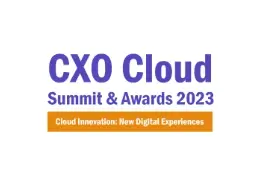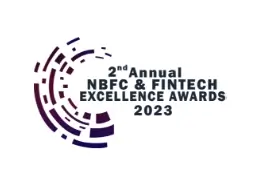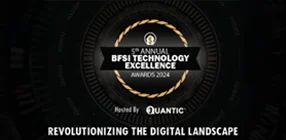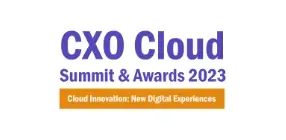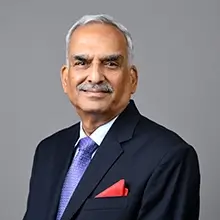
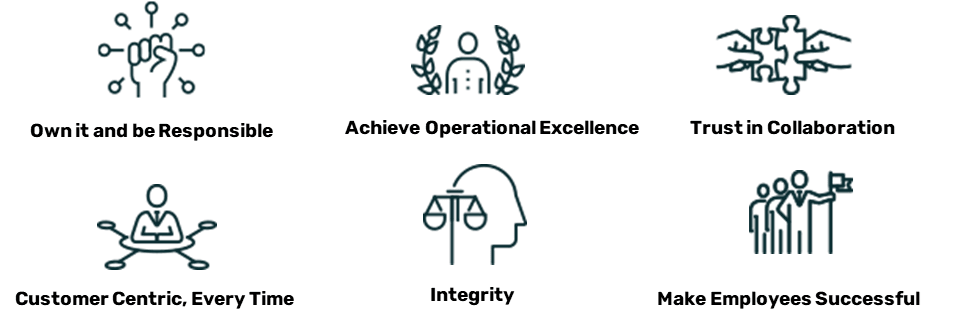

To be a Digital Leader
Over the last 20 years we have seen our workplaces getting digitized. I look at this transformation in 3 stages: first, was the digitization of our systems of record like core banking or General ledgers; second, was the digitization of processes, which lets work move across the organization on a workflow automatically, sans paper; something like what the assembly line did to a manufacturing operation. The third is the latest stage where we have seen a blurring of the boundaries between the physical and virtual elements. This stage of digitization is characterized by end user experience being driven by a software layer and other associated technologies that bring together the services of the underlying physical service providers.
Hence today’s digital age is about the use of the digital assets created through stage 1 and 2 of digitization to redefine the client experience and thus not just re-engineer processes but to transform them completely and as a result create value for the business and the customers.
For a leader to be successful in this workplace, we need to acquire or sharpen relevant skills so that one is able to take their teams forward as well as achieve the business objectives.
This leadership requires a mix of skills that some, new to the discipline, may feel unprepared for. In many cases, the skills that got them into leadership positions are very different from the ones they need to exercise now. To help better define what you need to be a successful leader, below is a short summary to maximize your potential.
Intellectual Curiosity
There is always some new technology or resource that requires the ability to learn and incorporate into teams and platforms. This requires a mindset of continual learning. The underlying technologies as well services available off the web – SAAS, Software available as a service are changing every day. We need to keep trying out and exploring new stuff first hand to lay your hands on something that can be a potential solution.
Understanding Human and Customer Nature
No tech nology or process intervention can solve a change process effectively unless we ground ourselves in human nature, empathy, the customer journey, pain points and how creative, messaging and content strategy influence human behavior supported by our growing technology interface landscape. A digital leader also needs to demonstrate empathy, a clear vision and a commitment to creating a healthy work culture. I believe being a digital leader requires a bit more effort than traditional leaders who have that face-to-face interaction daily. Digital leadership requires intentionally fostering interpersonal communication, creating a sense of community and making sure everyone can work both efficiently and effectively to maximize productivity.
Vision of Where The Business is Headed
You may belong to any sub-unit of an organization but a good leader needs to be focused on the present, always with an eye on the future and also have a keen sense of the business that we are in.
Passion and Purpose
Can you get your organization excited about digital? If you aren’t passionate about what you are doing, you can’t expect your workers to be either. Leaders need to be change agents when going through a digital transformation. Can you drive your employees to radical change, to engage their heart, mind and soul in the digital transformation process? You need to be invested in these outcomes with a clear plan to bring them to life. Ask yourself, is digital transformation a new shiny object or do you fundamentally want to change your organization forever? You need to have a focused purpose of why you want to embrace digital and not because everyone is doing it. These aren’t easy tasks and there will be triumphs and failures along the way. Do you have what it takes to weather the storm of failure, pain in changing and disappointment as you journey to the world of digital?
Ability to Leverage Analytics
Great decision making is dependent on great data and turning data into insights is a key factor. What matters is how enterprises can leverage data and unlock its power to create better and faster business outcomes and in the process get to a data driven decision making process. The key to any digital workplace success is realizing that digital and data are connected, and leaders must recognize that being data-driven is a core requirement to run a successful digital business.
Great Communication Skills
Leaders should be comfortable with openness, willing to share data and information. They must be willing to enable employees to make their own decisions, since they now have the context and information to do so. Leaders must also be forward looking, to continuously improve the systems that guide and enable your team. And finally, you must be good at dealing with, and leading, change, since in a digital world, that’s relentless.
The Ability to Delegate
Many new leaders fall into the trap of trying to do everything themselves or micromanage the processes. A leader, however, needs to possess the ability to recognize their own limitations and to delegate the things they don’t do well. This also allows leaders to focus their energy on the aspects of running the company that are imperative to the business’s growth. The leaders do need to play the role of defining the blueprint and vision of how the digital processes will work as well use their experience is choosing the right technologies and partners.
Be Techno-functional in Approach
Today’s processes and technologies are so deeply intertwined that a leader cannot lead effective decision making unless we are techno-functional in approach. This means that no one can exist in just one field of expertise and that we need to move towards the intersectional spaces where the confluence of skills come together. To give an example, a technology leader is only 70% effective till he/she acquires the functional knowledge of the underlying business for which technology solutions are being delivered. Similarly an operations leader has to appreciate the building blocks of the technologies running his/her processes to be able to define the requirement to improve the processes further. The same applies to a business leader as well. To sum up, digital leaders have been shaped by the internet era and have a radically different mindset to more traditional leadership styles.












